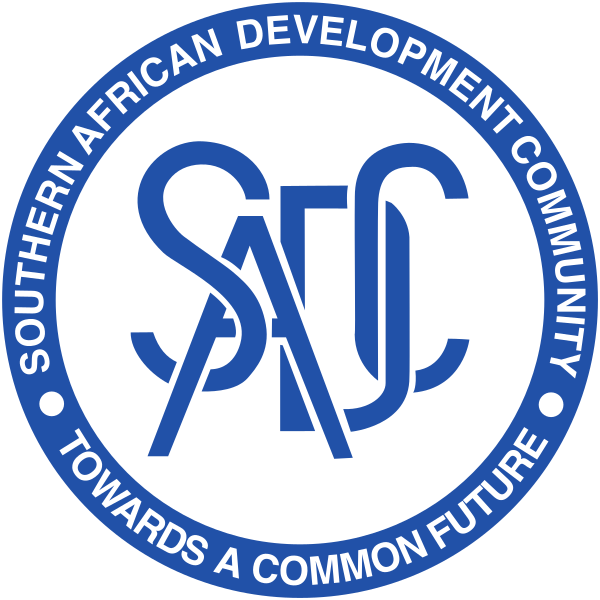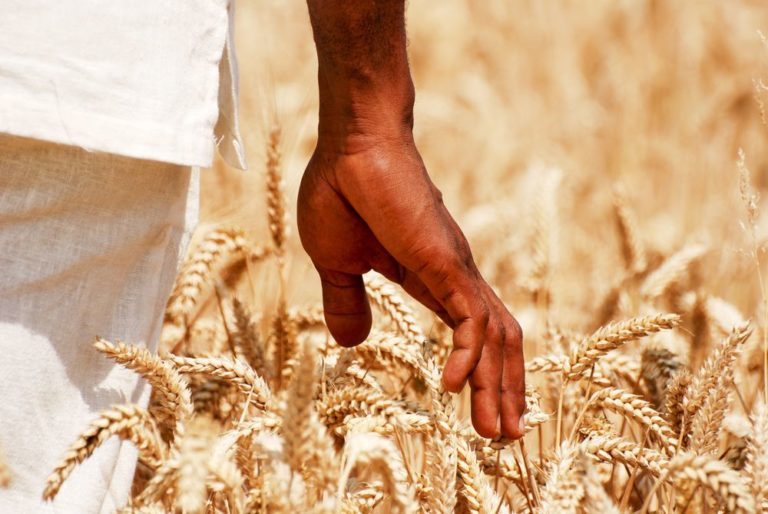The Southern African Development Community (SADC) region, comprised of sixteen (16) Member States, had a range of seed trade regulations that are as diverse as its membership. Variations in national standards for seed certification, quality control, and quarantine and phytosanitary measures for seed create barriers to seed trade between countries and make it difficult to efficiently move emergency seed consignments.
To address these challenges, the SADC region is in the process of harmonizing seed policies through the SADC Harmonized Seed Regulatory System (HSRS). The goal of harmonizing seed trade policies is to integrate smaller and isolated national seed markets into one larger SADC market for seed.
Zambia Emerges as a Regional Leader
While it is the desire of the SADC Secretariat to see to it that there is full harmonization of seed trade regulations as quickly as possible, Member States are at different levels of adoption. Seizing the opportunity to become a regional leader, Zambia has made great strides toward harmonizing its seed trade regulations to the SADC HSRS.
President Lungu has since called upon the African Seed Trade Association (AFSTA) to enhance international seed trade. Representing the Government of Zambia and delivering President Lungu’s remarks at the opening ceremony for the 2020 AFSTA Congress in early March in Livingstone, Minister of Agriculture Michael Katambo implored the Association to put measures in place that will enhance international seed trade through regional economic communities. He further recognized AFSTA’s role in the promotion of high-quality seed trade across Africa.
Partnership has Produced Results
The Government of Zambia’s ardent support of the SADC HSRS is a direct result of the Feed the Future Southern Africa Seed Trade Project’s first pilot, which aimed to pressure-test the whole system. In partnership with the Government of Zambia, the SADC Secretariat, and Seed Co. Zambia Ltd, Zambia successfully produced 200 MT of hybrid maize seed for export to the Democratic Republic of Congo (DRC) under the SADC Seed Certification and Quality Assurance Guidelines, including the use of the SADC seed label. Further, the Seed Trade Project supported Zambia’s Seed Control and Certification Institute’s (SCCI) accreditation to the Organisation for Economic Co-operation and Development OECD Seed Schemes and equipped and operationalized a cold storage facility at SCCI, a requirement critical for International Seed Testing Association (ISTA) accreditation.
About the Seed Trade Project
The Feed the Future Southern Africa Seed Trade Project is funded by the USAID Southern African Regional Office and provides targeted technical assistance to facilitate the implementation of the SADC Harmonized Seed Regulatory System, which aims to boost seed trade across the region, integrating smaller and more isolated national seed markets into one broader SADC market. The Seed Trade Project is part of a regional policy effort to improve agricultural productivity, food security, and nutrition in the SADC region.

